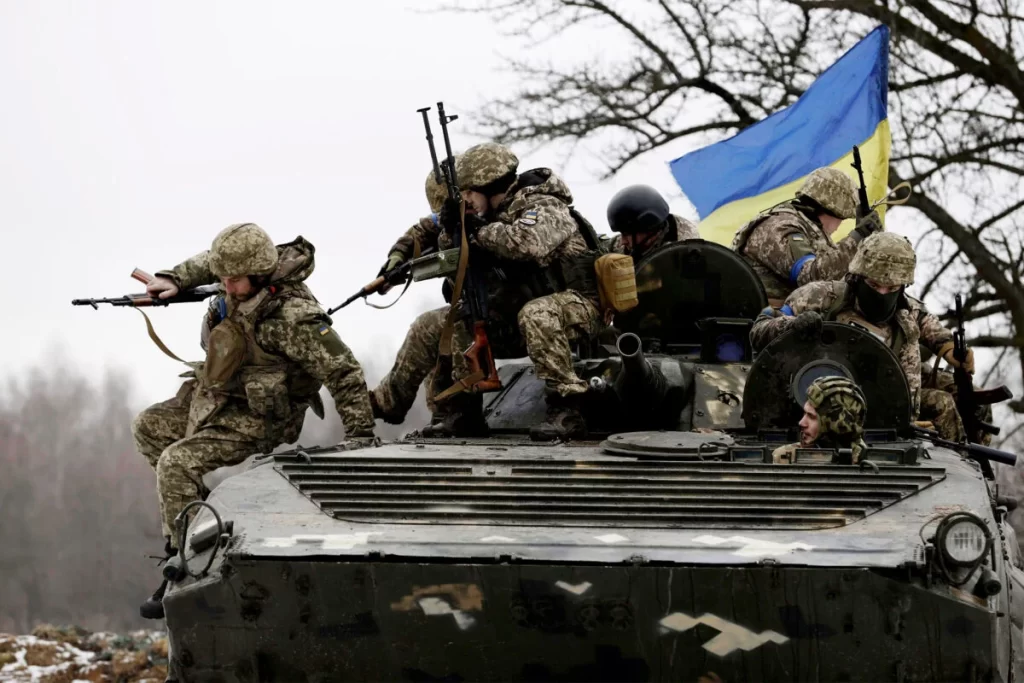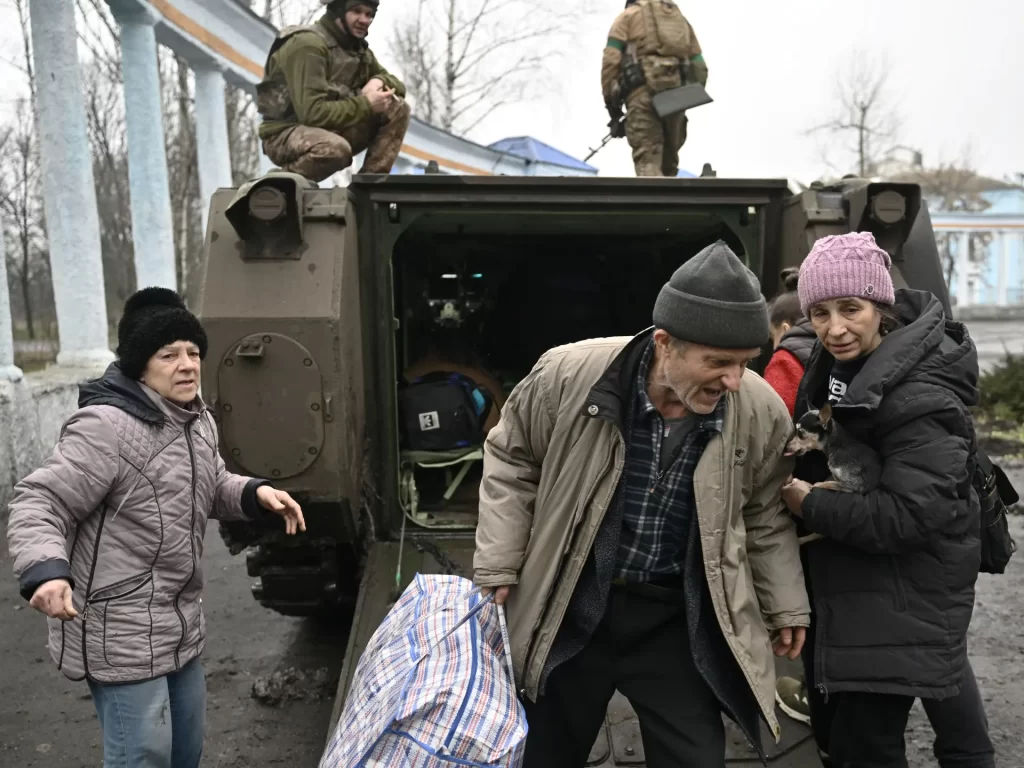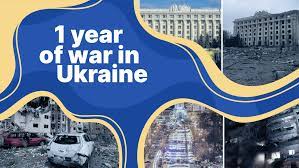The war in Ukraine has now been going on for a year, marking an important turning point in the continuing struggle between Ukraine and separatists with support from Russia. Despite efforts to end the dispute, which started in 2014, there hasn’t been much success in doing so. A ceasefire agreement was struck in July 2020 in order to put an end to hostilities and create a demilitarized zone near the frontlines in eastern Ukraine. Even while the truce has largely been upheld, the region still faces formidable obstacles to establishing a lasting peace.
The ongoing deployment of Russian troops and equipment in the area is one of the main obstacles facing the peace process. There is abundant proof that the rebels get military and financial assistance from Russia, despite repeated denials from Moscow. With this help, the separatists have been able to retain their ground and keep up the fighting. Finding a diplomatic settlement has been challenging because Russia won’t acknowledge its part in the crisis.
The political climate in Ukraine is another obstacle to peace. Although President Volodymyr Zelensky ran for office on a campaign to put an end to the crisis in eastern Ukraine, little has been accomplished in this regard. Both the political opposition and civil society organizations have criticized Zelensky for how he handled the issue. The oligarchic influence and corruption in Ukraine, both of which have slowed down reform efforts, have further complicated the country’s political situation.
Another major worry is the region’s economic predicament. Infrastructure and the economy have suffered serious damage from the fighting, which has increased poverty and restricted access to basic commodities. The COVID-19 pandemic has only made things worse, forcing numerous enterprises out of business and straining the healthcare system. Economic progress has largely stagnated as a result of the region’s prolonged violence and political unrest, despite the fact that it is essential for establishing a feeling of lasting peace in the area.

Despite these difficulties, there have been some encouraging advancements in the last 12 months. There have been some indications of political progress, and the truce has mostly persisted. A major step forward was made when Ukraine and the rebels decided to exchange prisoners in December 2020. With 200 captives traded on each side, it was the greatest exchange since the war started. It showed a desire on both sides to cooperate in finding a peaceful solution.
The international community has also persisted in trying to find a solution. In response to Russia’s involvement in the conflict, the United States and the European Union have sanctioned it and given Ukraine financial and humanitarian support. The Organization for Security and Cooperation in Europe (OSCE) has also been keeping an eye on the situation on the ground and assisting the parties in their negotiations.

There are reasons to be cautiously optimistic about the possibilities for long-term peace in Ukraine in the future. It is encouraging to see the international community’s continuous involvement and recent political developments. However, considerable obstacles still exist, such as the continuous presence of Russian forces in the area and the unrest in Ukraine’s economy and politics. Both parties must keep up their efforts to settle the dispute amicably, and the international community must continue to support the peace effort.
A comprehensive peace accord that tackles the underlying political and economic problems that have contributed to the war is one possible route to resolution. As well as requirements for the removal of Russian forces and equipment from the area, such an agreement would also need to address corruption and oligarchic influence in Ukraine. Any peace accord should also include steps to promote economic development, rehabilitate infrastructure, and assist the local economy.
Ultimately, it will need consistent diplomatic efforts from all parties concerned to find a long-term resolution to the situation in Ukraine. The international community must support Ukraine in the meanwhile.
February 24, 2023 – It’s now one year since Russia’s invasion of Ukraine began
A brief summary of the Russia-Ukraine conflict – Beacon (nwciowa.edu)
Ukraine conflict: Your guide to understanding the story – BBC News

